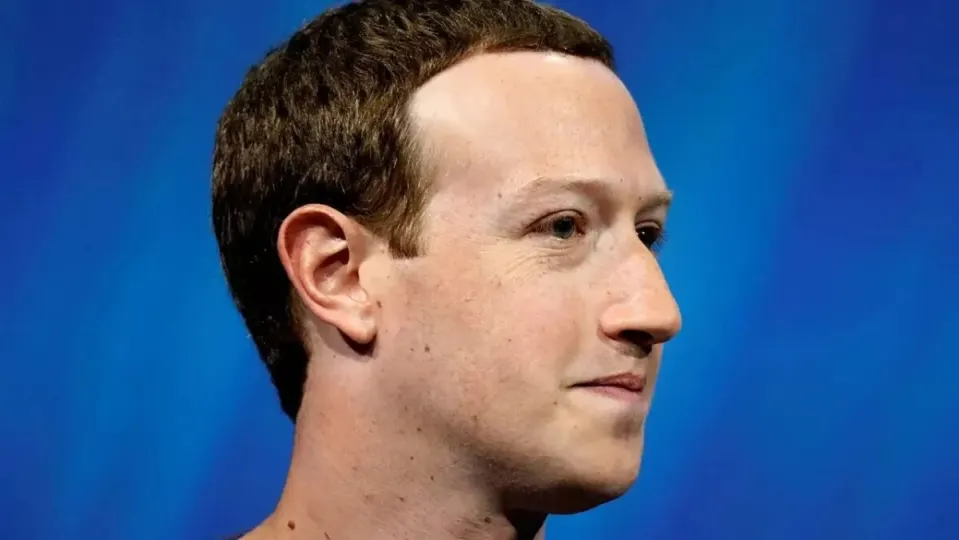Monetizing content on the Internet is difficult. We know it well. Google constantly changes the rules, projections are illusory, and where the money is today, next week there may be a terrible sinkhole. Making the Internet a business is tough, it requires a lot of agility, and having a certain foresight for the future. Something that big companies often lack.
The headline is that Facebook has sold the direct messages of millions of platform users to Netflix, but the story goes beyond that. Because to get to that, we first have to talk about the relationships that occur between strangers who are lovers when there is money involved. How business projections can lead to creating new content. And how that can end up sabotaging their own interests.
Because, to begin with, one thing must be pointed out: everyone is trying to make money from streaming, but no one knows yet how. Twitch doesn’t generate profits. Netflix is in deficit. Xbox Game Pass is a money pit. And Facebook, whose business has nothing to do with streaming, decided to join it with Facebook Watch.
Facebook Watch is an on-demand video service launched by Facebook on August 10, 2017 in the United States and on August 30 in the rest of the world. By gamifying the video watching experience, their intention was to make a big investment in this service. Among other products, it debuted with original programs such as Red Table Talk, Sorry for Your Loss, or Steve, as well as content from National Geographic. More entertainment-based content than fiction.
The interesting thing is that between 2016 and 2017, Facebook invested over a billion dollars in Watch. Facebook explicitly stated that they wanted 30-minute series, as well as shorter ones, with episodes ranging from 5 to 10 minutes. The products they used as examples of where their interests were heading were House of Cards or Scandal. Quite different from what the platform would end up offering.
What happened? What happened was Netflix. While the CEO of Netflix at that time, in 2017, claimed that there was no major conflict with Facebook, since they did not compete for the same products. But in 2018, when Facebook Watch wanted to acquire the license for Dawson’s Creek, competing with Netflix, they suddenly faced a budget cut of $750 million out of nowhere. Thus, Netflix ended up acquiring the rights to Dawson’s Creek, and Facebook Watch began its dismantling, culminating in the cancellation of all its programs in 2023.
Why did this happen? Because Facebook wasn’t interested in competing with Netflix. And all these details have come to light because recently the documents used in an ongoing antitrust lawsuit against Meta have been revealed. The parent company of Facebook. Which has shed light on everything that happened.
Facebook, upon noticing a decrease in the growth of ad prices between late 2015 and 2016, decided to develop other business strategies to increase the signals received by the artificial intelligence/machine learning systems that support its advertising business. One of these strategies was the production of television content through Facebook Watch. With this, they aimed to increase the amount of money generated by each ad by displaying more ads to their users.
What happened? When Facebook Watch was able to compete with Netflix, or at least invade its interests, Meta decided it wasn’t convenient. This is because Netflix is one of the companies that invests the most money in advertising on Meta.
In fact, here comes the most concerning part. Facebook has confirmed that it shares information not only with Netflix but with numerous other companies as well. Furthermore, with Netflix in particular, it also shares information from our direct messages, at least those related to its service, under an agreement reached in July 2018. Approximately at the same time that Facebook Watch received a brutal budget cut, preventing it from competing as a full-fledged streaming service.
During 2019, Netflix invested $200 million in Meta’s ads. By February 2015, it was at $40 million annually, and by 2017, it reached $150 million. Considering that Facebook’s ad revenue went from $4.28 billion in 2012 to $69.66 billion in 2019, it’s evident that their interest lay more in keeping advertisers happy on Facebook than in building an audiovisual empire.
Meta has not only settled for selling its users’ private messages to Netflix. They have also allowed, at least, access from Spotify. Given that it is known that they also sold user data to Cambridge Analytica, it is not difficult to infer where Meta’s exponential growth comes from, with Facebook at the helm.
In addition, they not only make money from advertising, but also by selling all the data that their users provide. Why bother generating content when you can simply sell ads using user information to make them invest more in your ads? If you thought this only involved what you were offering publicly, maybe you should think twice.


